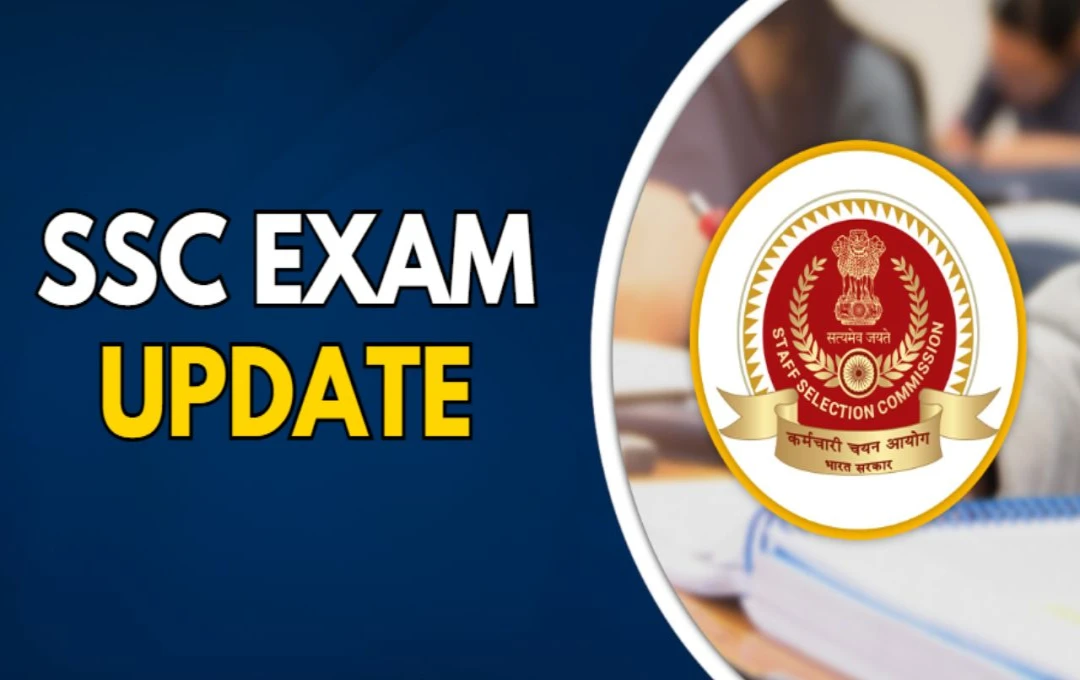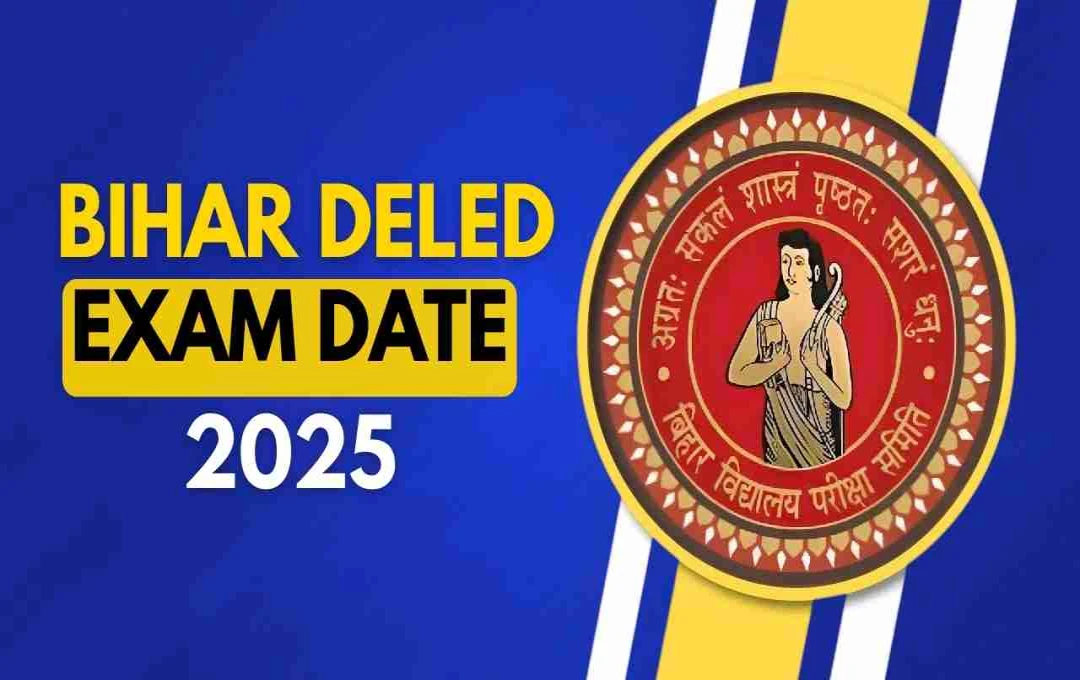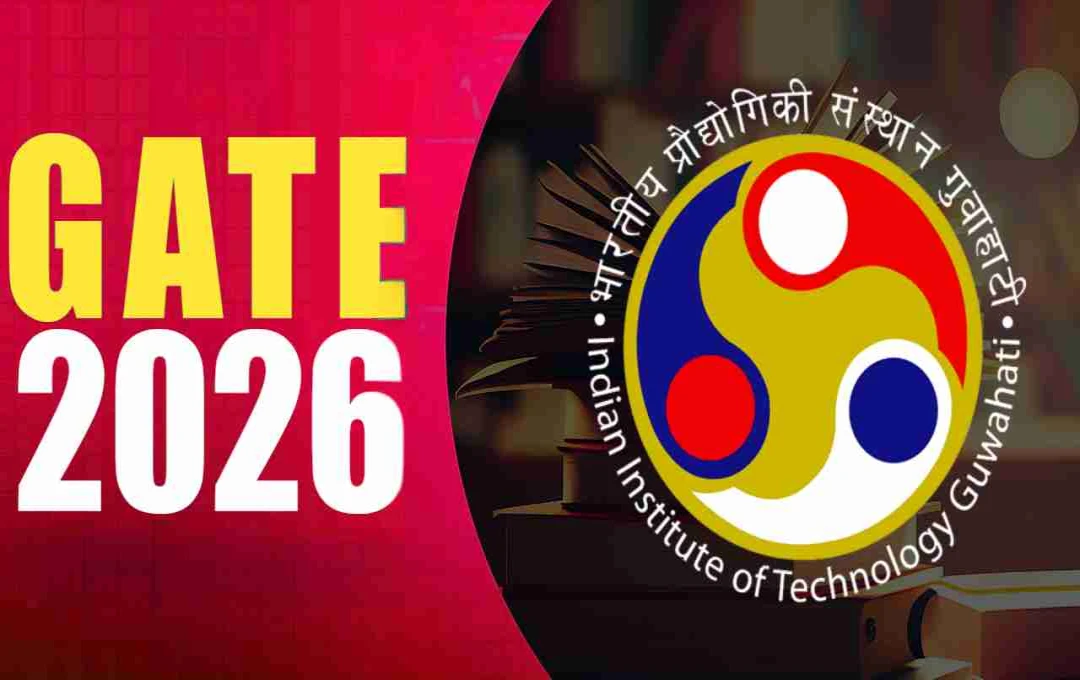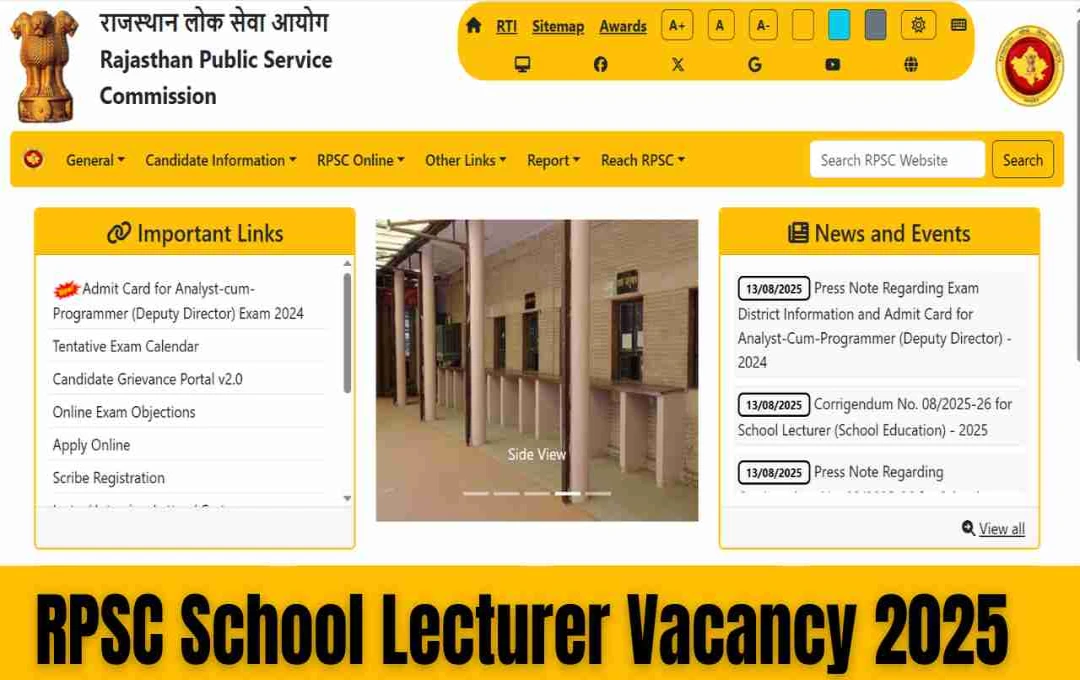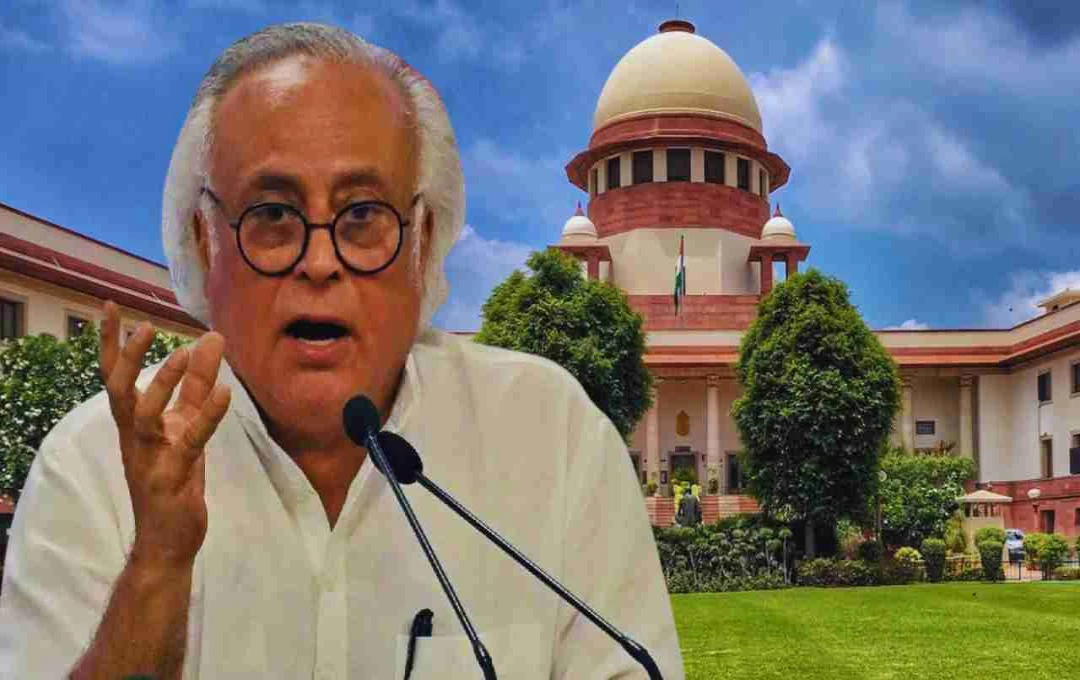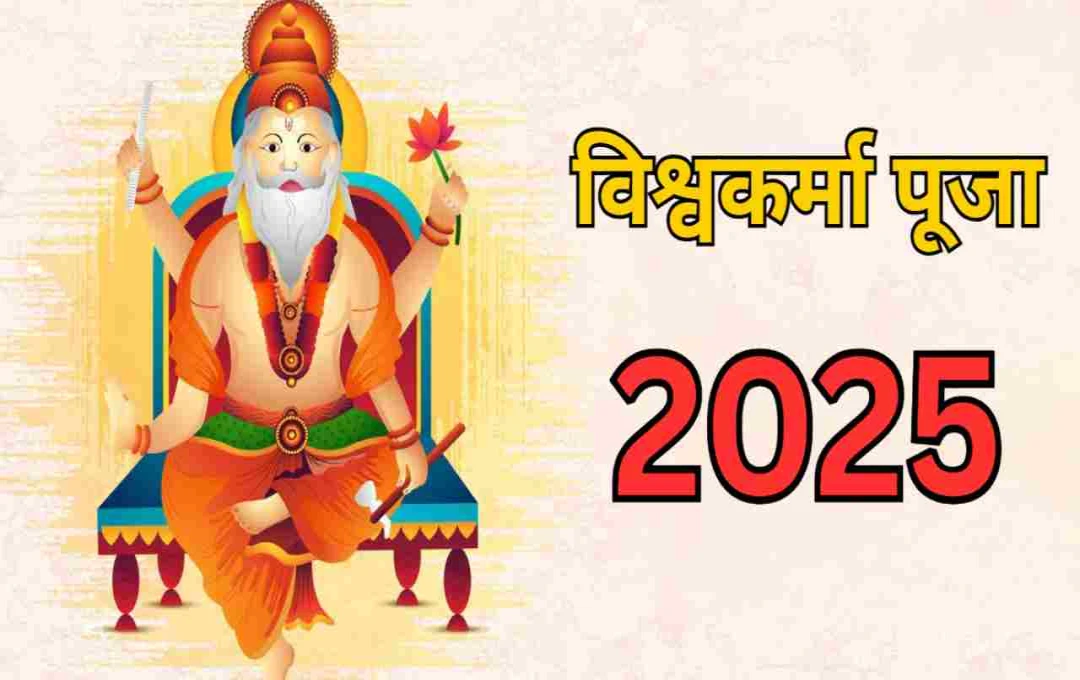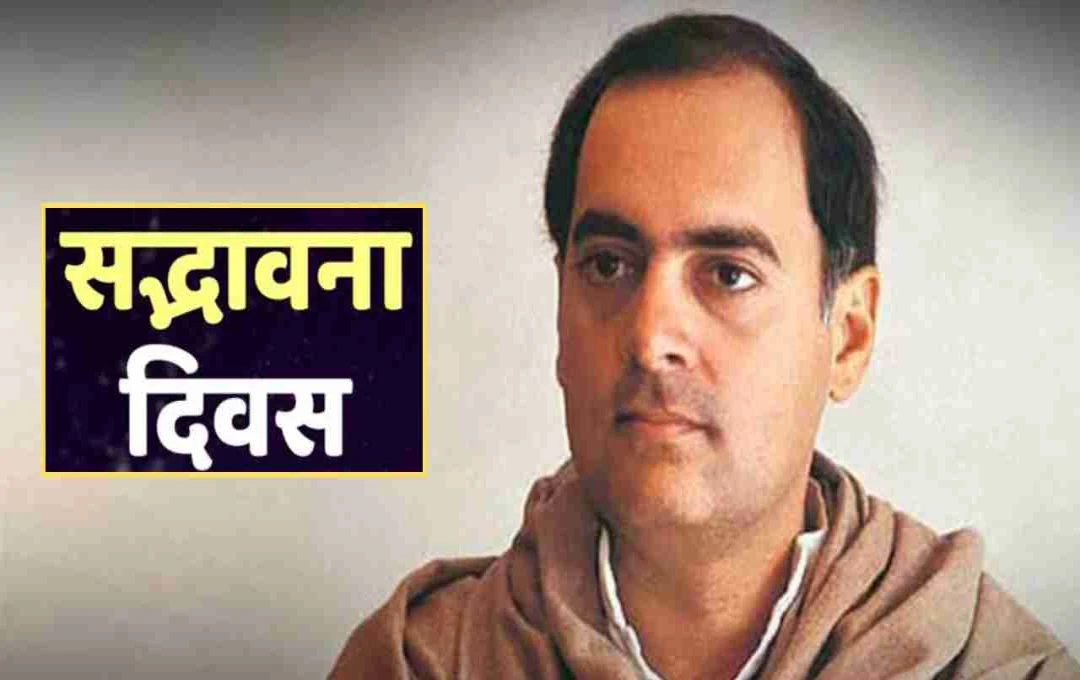The Staff Selection Commission (SSC) has made significant changes to its recruitment process, reducing the time taken for examinations from 15–18 months to 6–10 months. The commission has eliminated pen-and-paper based exams, fully implementing a computer-based system, and simplified several stages from document verification to interviews.
Education News: The Staff Selection Commission has implemented several important reforms to make the recruitment process faster and more transparent. Union Minister Jitendra Singh stated in the Rajya Sabha that the entire process of SSC examinations will now be completed in 6–10 months, compared to the previous 15–18 months. The changes include reducing the duration of the examination notification, transitioning from pen-and-paper to computer-based exams, eliminating interviews, and introducing the e-dossier system. This will benefit candidates with a faster and more transparent recruitment process.
Changes in SSC Recruitment Exam
Students had long been unhappy with SSC recruitment exams, and there have been protests on several occasions. Following this, the commission has taken several steps to improve its process.
The first major change is that the duration for issuing the exam notification has been reduced from 45 days to just 21 days. This will speed up the recruitment calendar and provide relief to candidates from long waits.
In addition, the SSC has completely converted pen-and-paper based examinations to a computer-based system (CBT). The number of exam stages has been reduced, and written (descriptive) papers have been removed, except for the Junior Hindi Translator Examination.
Minister Jitendra Singh stated that with all these reforms, the recruitment process has now become faster, more transparent, and more student-friendly than before.
Changes in Document Verification and Interviews

The SSC has delegated the task of document verification to the respective ministries and departments. This has reduced the burden on the commission and accelerated the appointment process for candidates.
Along with this, interviews have been completely eliminated. This means that for most positions, only the computer-based examination and document verification will be sufficient.
Another major improvement is the e-dossier system, which was recently implemented. This digital system helps upload and verify candidates' documents in a secure, transparent, and tamper-proof manner.
Which Exams Have the New System Been Implemented In?
The e-dossier and computer-based examination system have been implemented in several major examinations. These include:
- Combined Graduate Level Examination (CGL Exam 2024)
- Combined Higher Secondary Level Examination (CHSL Exam 2024)
- Junior Engineer Examination (Junior Engineer Exam 2024)
- Multi-Tasking (MTS) and Havaldar Examination (CBIC and CBN) 2024
Transparency and timeliness are now being ensured in these examinations, which will benefit millions of students.
SSC Exams Will Also Be Conducted in Regional Languages
Keeping linguistic diversity in mind, the SSC has also taken steps to promote regional languages.
Since 2022, the Multi-Tasking (MTS), Combined Higher Secondary Level (CHSL), and Constable (GD) examinations are now being conducted in 13 regional languages in addition to Hindi and English. This has made it easier for students from different states and linguistic backgrounds to participate in the examination.
Not only SSC, but institutions like UPSC, IBPS, and RRB are also providing candidates with the option to take the exam in multiple languages.
